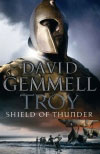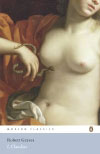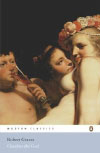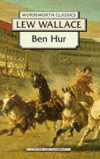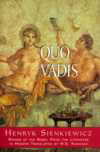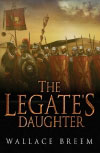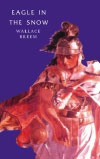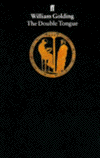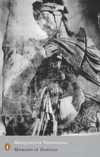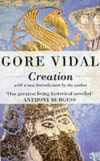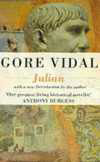Back to Steven’s Bookshop
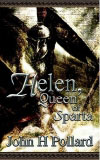 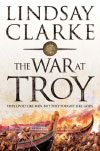  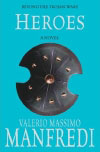 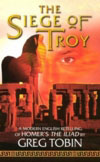 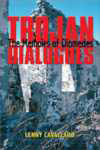 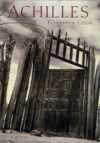 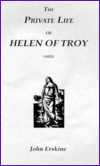 |
The tale of the Trojan War has passed through countless permutations, inspiring countless artists, from its origin in Homer’s epic poem THE ILIAD to today’s novels and blockbuster movies... |
  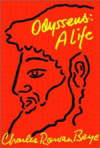 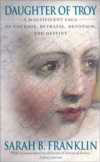 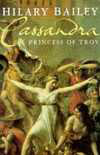 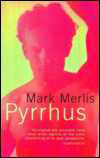 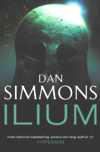 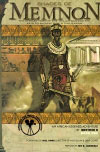 |
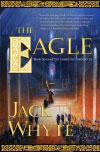 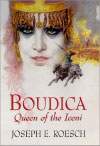 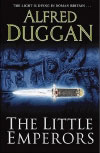 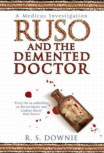 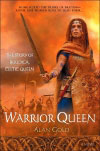 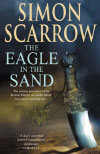 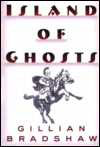 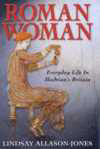 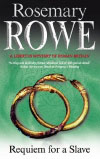 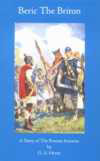 |
ROMAN BRITAIN
The Roman invasion of Britain...the revolt of Boudica, the Warrior Queen...frontier intrigues along Hadrian’s Wall...the flowering of Roman culture in Londinium — the fascination of Roman Britain is endless! |
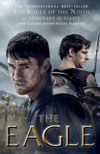 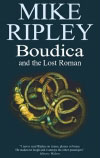 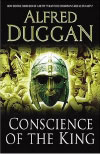 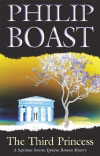  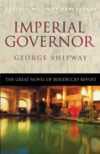 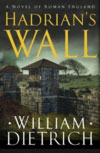 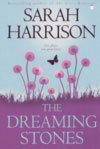 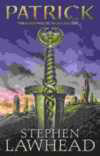 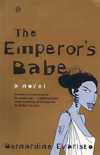  |
| ENDURING CLASSICS |
||
|
Robert Graves’s landmarks in historical fiction, I, Claudius and its sequel, Claudius the God, relate the mind-blowing scandals of Rome’s first imperial family. Both books were adapted to create the BBC series starring Derek Jacobi as the bookish, stuttering member of the imperial clan who finds himself the reluctant ruler of the world. Less famous are Graves’s other fine novels of the ancient world, King Jesus, Count Belisarius, Homer’s Daughter, and The Golden Fleece. |
||
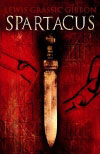 |
NOVELS ABOUT SPARTACUS • Howard Fast’s worldwide bestseller Spartacus became the basis for the famous Hollywood epic. Two previous novels offer outstanding fictional treatments of the great slave revolt that shook the Roman world: Lewis Grassic Gibbon’s Spartacus was published in 1933 but still resonates with power; Arthur Koestler’s The Gladiators (1939) was the first novel by the author who later wrote the classic Darkness at Noon.
|
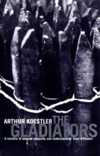 |
|
THREE BLASTS FROM THE ANCIENT PAST Three novels have been unparalleled in shaping popular perceptions of ancient Rome. Lew Wallace’s Ben Hur set the standard with its panoramic storytelling. Bulwer-Lytton’s The Last Days of Pompeii incorporated archaeological discoveries into a ripping yarn. Quo Vadis, by Nobel winner Henryk Sienkiewicz, delivers a powerful portrayal of Nero’s court as seen through the eyes of Petronius the Arbiter. |
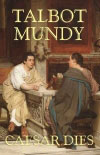 |
CAESAR DIES by Talbot Mundy Antioch is wracked by intrigue, poisonings, and blood-thirsty gladiatorial games when the emperor Commodus disguises himself as a gladiator. | 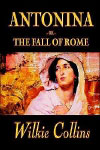 |
ANTONINA, or THE FALL OF ROME by Wilkie Collins 408 A.D.: The Goths descend on Rome in this epic by the author of The Woman in White and The Moonstone. |
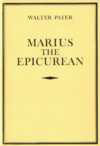 |
MARIUS THE EPICUREAN by Walter Pater Classic novel of ideas set in the age of Marcus Aurelius, with philosophical meditations in the vein of Yourcenar’s Memoirs of Hadrian. | 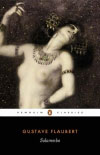 |
SALAMMBO by Gustave Flaubert This towering novel of Carthage by the author of Madame Bovary stands the test of time. As bizarre, intoxicating and voluptuous today as it was when it was first published in 1862. |
 |
THE EGYPTIAN by Mika Waltari The towering classic returns to print, with a foreward by Lynda S. Robinson. Also by Waltari: The Roman and The Etruscan. | 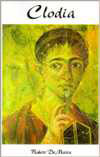 |
CLODIA by Robert DeMaria A novel of the poet Catullus and his lover Clodia (celebrated in his poems as the elusive Lesbia). First published in 1965, finally available again. |
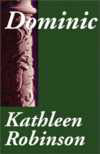 |
DOMINIC by Kathleen Robinson An orphaned Gaulish dwarf trains as an acrobat and tours the ancient world with a Greek circus troupe; a tale of unlikely heroism. | 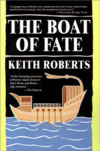 |
THE BOAT OF FATE by Keith Roberts Panoramic novel of the disintegrating Roman Empire follows a young adventurer from Rome to Hispania to Gaul and Britannia . |
|
THE LEGATE’S DAUGHTER by Wallace Breem A disgraced centurion goes on a mission to rescue a kidnapped woman in North Africa. |
EAGLE IN THE SNOW by Wallace Breem In 406 A.D., the genreral Maximus and his soldiers make a stand against barbarians on the Rhine. |
||
|
THE DEATH OF VIRGIL by Hermann Broch In the last hours of life, the poet Virgil contemplates destroying his masterpiece, The Aeneid. “Extraordinary and profound” (Thomas Mann). |
THE DOUBLE TONGUE by William Golding The Nobel winner’s final novel. Under the tutelage of the Delphic high priest, the mystically gifted Arieka becomes the Pythia, the earthly voice of the god Apollo. |
||
|
AUGUSTUS by John Williams This novel in the form of letters received critical raves when first published in the U.S. in 1972 and won the National Book Award for fiction. |
MEMOIRS OF HADRIAN by Marguerite Yourcenar A meditation on life and death as seen through the eyes of one of Rome’s greatest emperors. One of the most acclaimed historical novels of the last century. |
||
|
CREATION by Gore Vidal A panoramic look at the remarkable 5th Century B.C., which gave the world the Golden Age of Athens, the wisdom of Buddha and Confucius, and the teachings of Zoroaster. See Steven’s review. |
JULIAN by Gore Vidal One of Vidal’s most ambitious novels takes a fascinating look at the last pagan emperor of Rome, Julian the Apostate, who struggled to turn the tide of Christianity and restore the worship of Rome’s ancient gods. |
